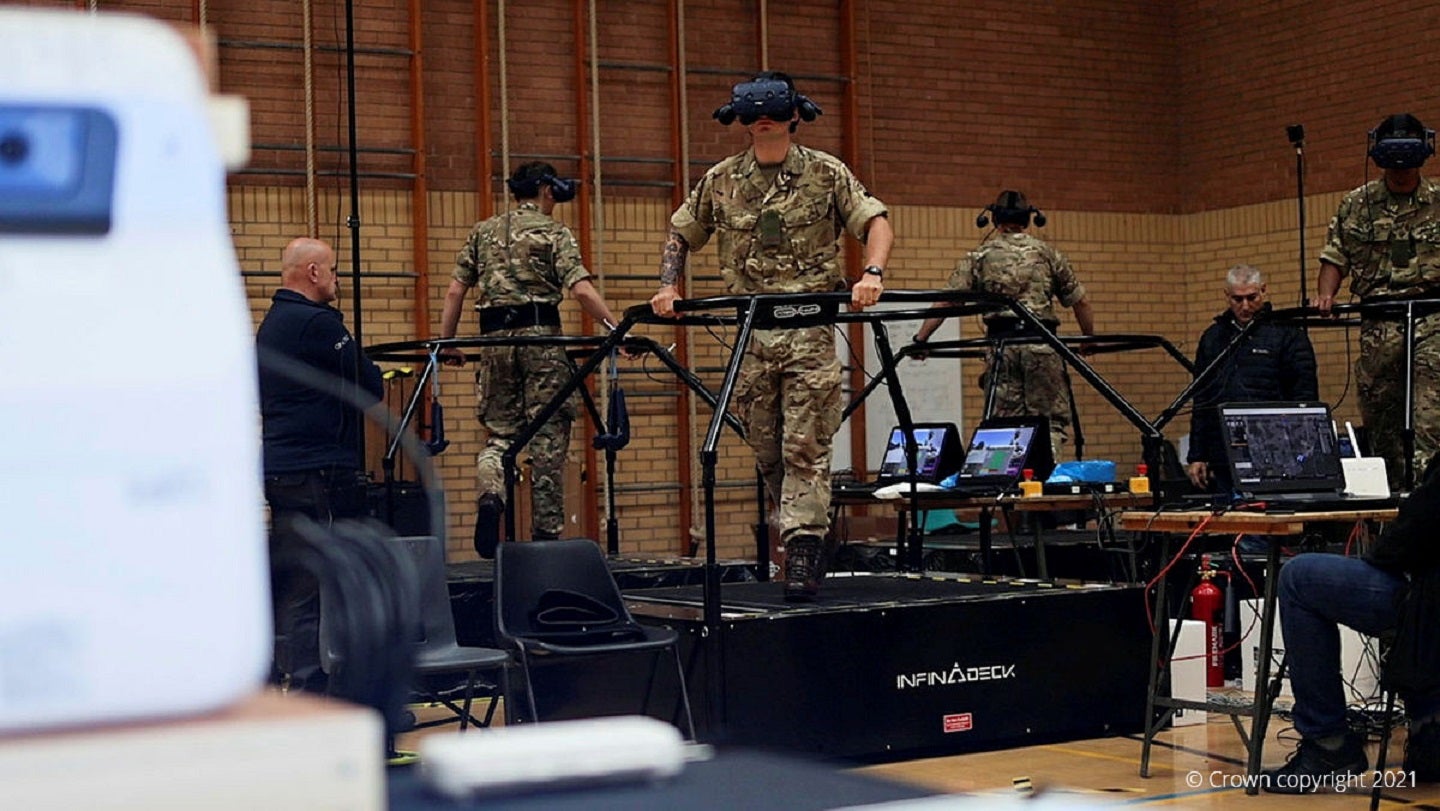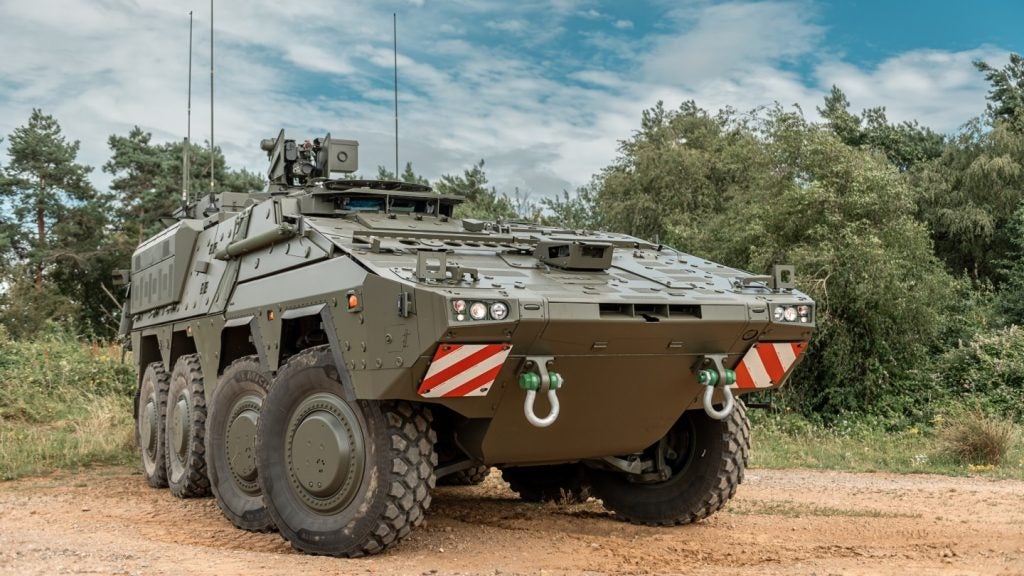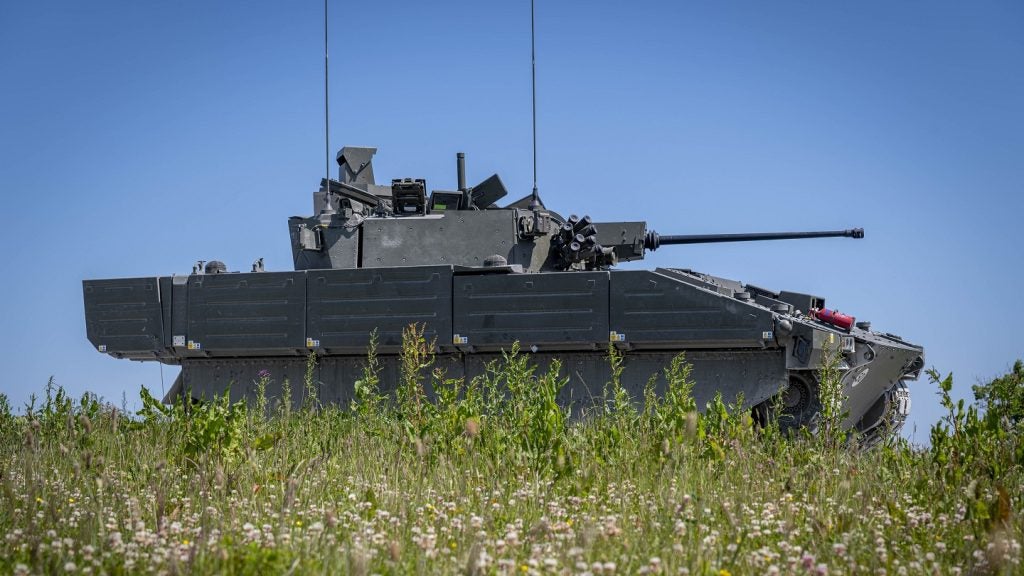
The British metaverse startup, Hadean, has concluded its cloud-based pathfinder project for the British Army’s Collective Training and Transformation Programme (CTTP).
The programme now provides the British Army with a range solutions, from federating its legacy training environments to encouraging the use emerging metaverse infrastructure technologies.
The contract sought to validate a credible cloud distributed platform approach that will help the Army inform the requirements for the Future Collective Training System (FCTS) and meet the UK Ministry of Defence’s ambition for rapid digital transformation in military training.
Over the course of six phases, from project launch in June 2022 to completion in March 2023, the company demonstrated the solution’s capability to blend and scale different 2D, 3D and live, virtual and constructive components of land collective training, aggregate data and stream training outcomes in real-time.
Hadean’s metaverse-ready platform integrated different training systems, including Tactical Engagement Simulation, SCOPIC and Team Awareness Kit, and exploited both recorded and live data using dynamic interest management to deliver a seamless visualisation in VBS4, thus providing a realistic virtual world of scale, complexity and fidelity.
This is a milestone for the commercial startup as this is its first contract with the UK Ministry of Defence (MoD).
It is also a milestone for digital transformation in defence generally, as the culmination of this contract demonstrates the successful usage of an overarching cloud-based infrastructure containing various legacy and novel systems that were once inflexible data siloes. It could mark the proliferated use of cloud services in the defence market, which will see private sector firms innovate military solutions.
The cloud as a foundational platform
According to GlobalData forecasts the global cloud services market will reach $768bn in 2026, increasing at a compound annual growth rate of 17.7% between 2021 and 2026. The cloud’s interoperability, scalability and flexibility are the main reasons for the growth and interest in the nascent industry. But the cloud also plays an even greater role in military training that has gone untapped, until now.
Cloud computing solutions give the military the means to evolve by integrating new and emerging technologies, from artificial intelligence, machine learning, virtual and augmented realities, and robotics. As a gateway to these wider innovations, the cloud performs an integral role as a foundational space from which militaries operate with data as a critical asset.
Commercial solutions to digital transformation
Digital transformation is an ambition pursued by all armed forces, from Hungary, the Netherlands, the US and, in this case, the MoD. However, defence ministries around the world face the problem of a considerable skills shortage in all things digital.
Therefore, governments turn to commercial and private sector companies, such as Hadean, that possess the critical insight needed for militaries to benefit from the possibilities of new tech and infrastructures.
GlobalData tells us that two long-term trends are emerging: research and development (R&D), cost-sharing and purchasing commercial off-the-shelf (COTS) technology.
R&D cost-sharing allows allies to share the costs of implementing and integrating new platforms, systems, hardware, and software. This costsharing also reduces acquisition and lifecycle costs. The second fundamental paradigm shift is that organizations are increasingly using COTS technology.
Historically, militaries were at the forefront of R&D, with examples including GPS and small form-factor nuclear reactors. Militaries were the makers of technology, but now they have become takers. Military procurement and acquisition processes are long and complex. Commercial technologies developed by the private sector evolve rapidly and can outpace the rate of procurement and research possible by militaries.







